Notice of Online Archive
This page is no longer being updated and remains online for informational and historical purposes only. The information is accurate as of the last page update.
For questions about page contents, contact the Communications Division.
Art department alumni and student artists create pieces in support of Social Justice
Introductory statement by Ed Kerns, Eugene H. Clapp Professor of Art and Humanities and head of the Art Department
Historically, artists have responded to social injustice by producing imagery that captures both civil protest and frustration with societal inequalities. Art History is full of examples.
In this broad tradition of principled democracy in action, Lafayette art majors, both alumni and current students, have contributed images and video performance pieces to form a digital exhibit of a heartfelt need for change.
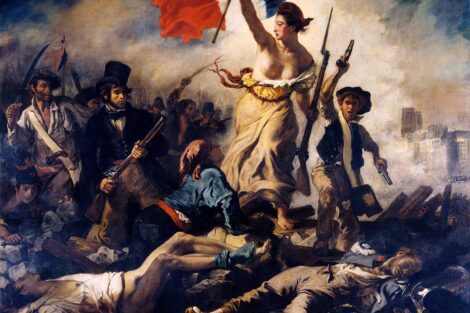
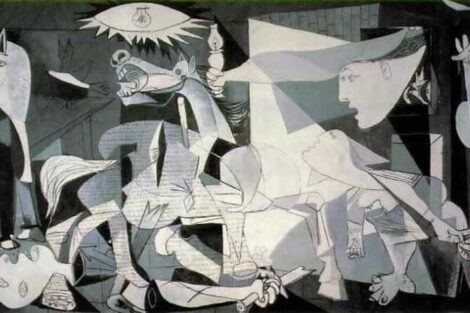
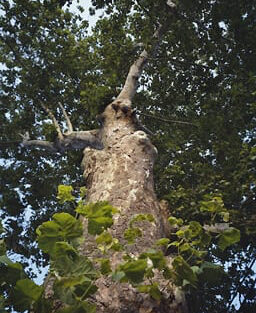
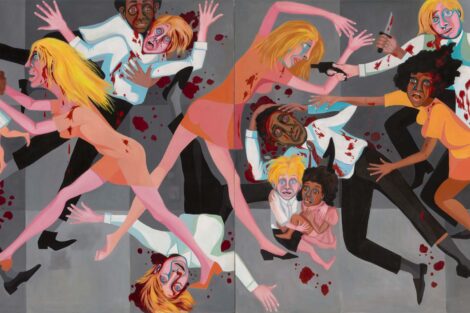
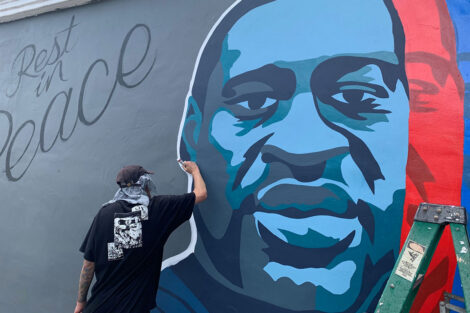
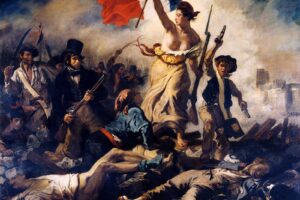
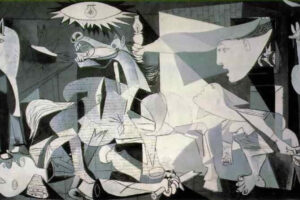
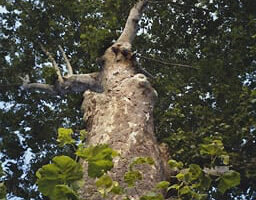
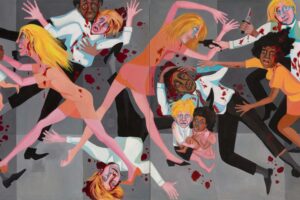
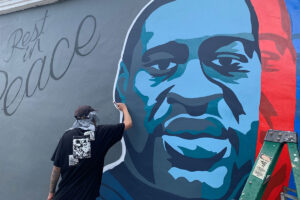
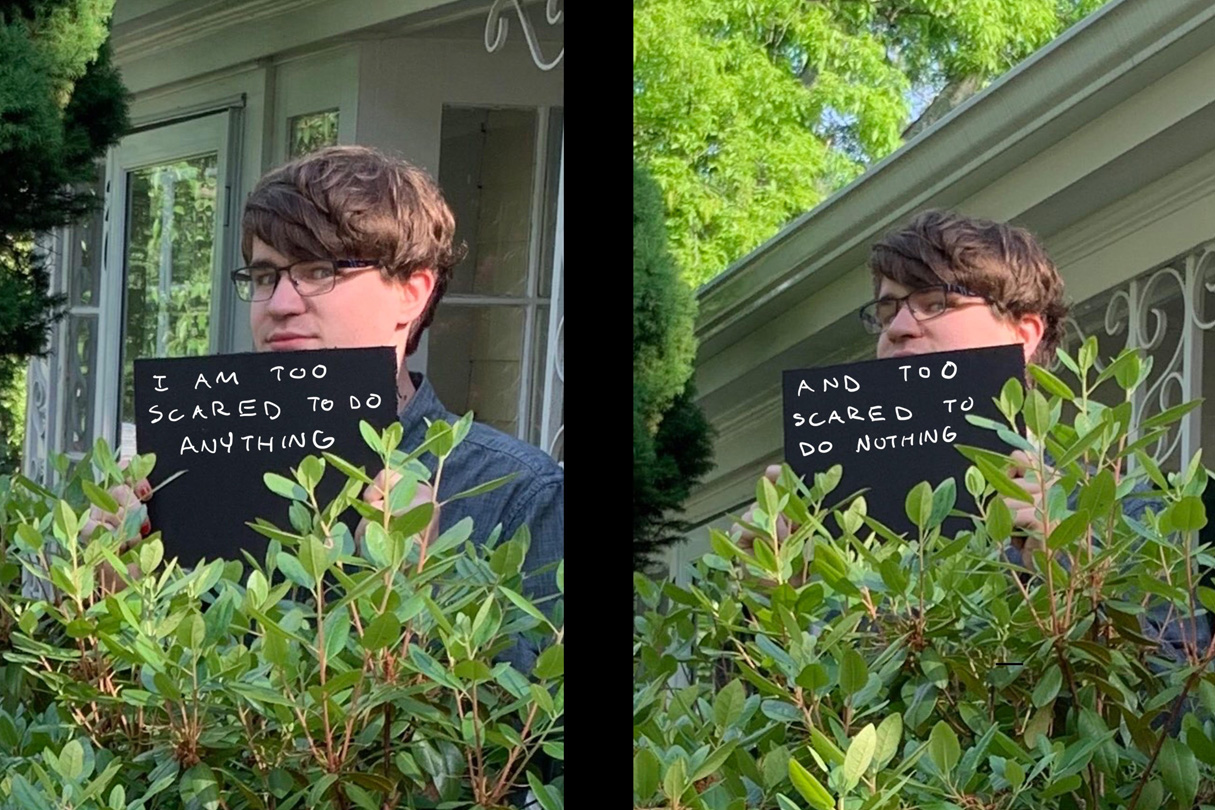
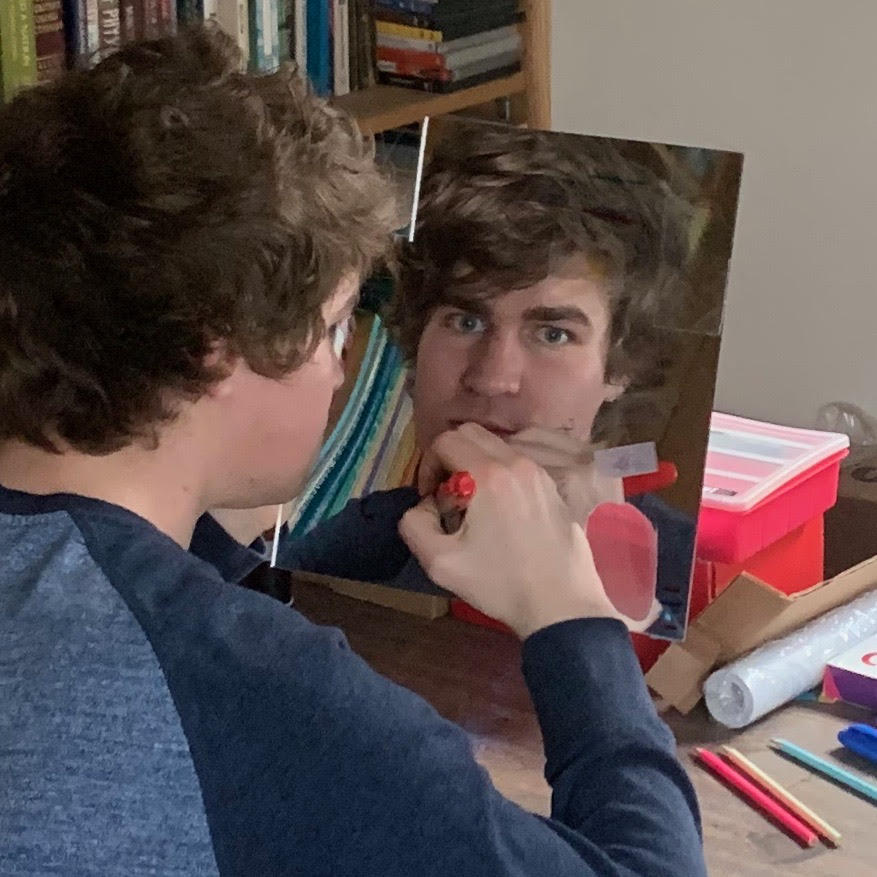
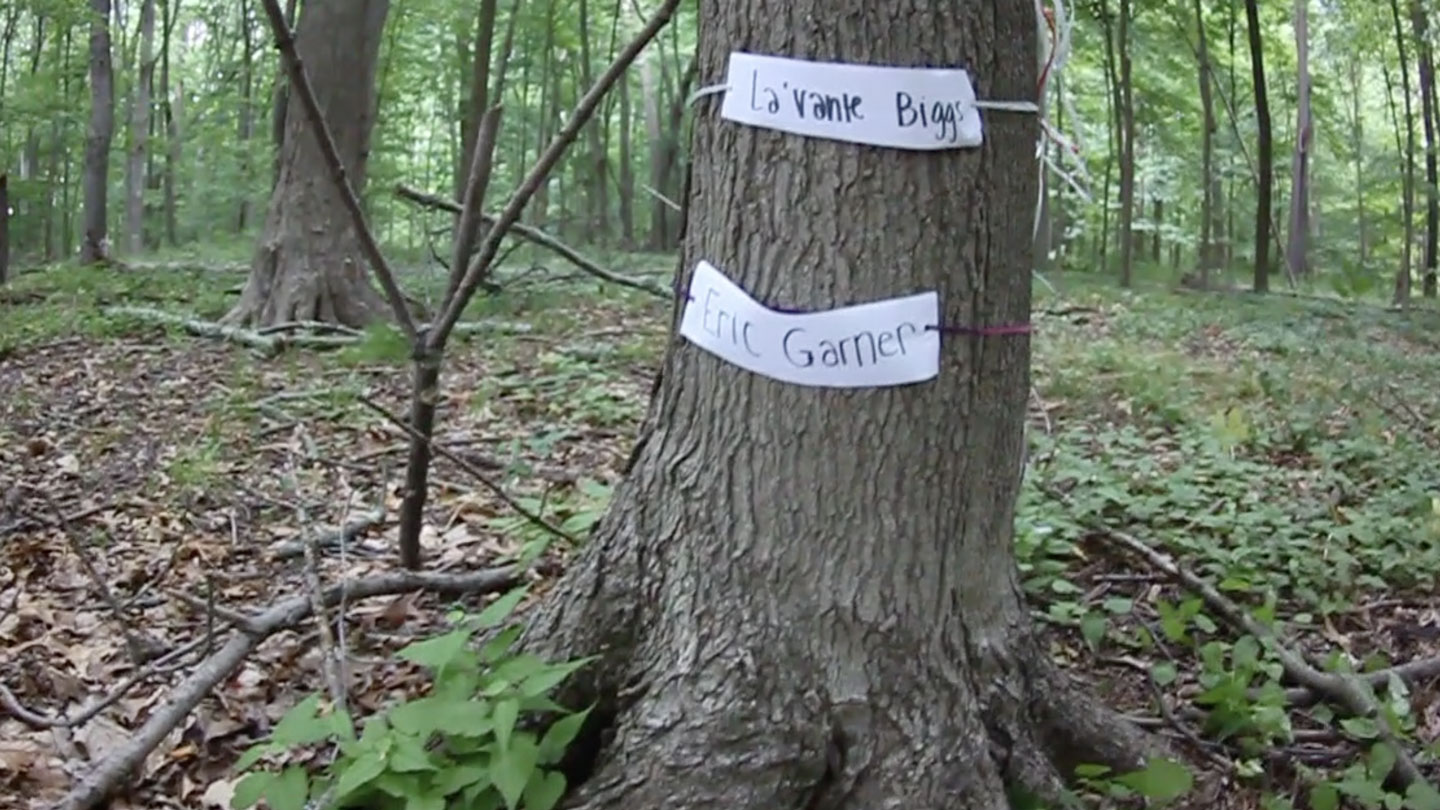
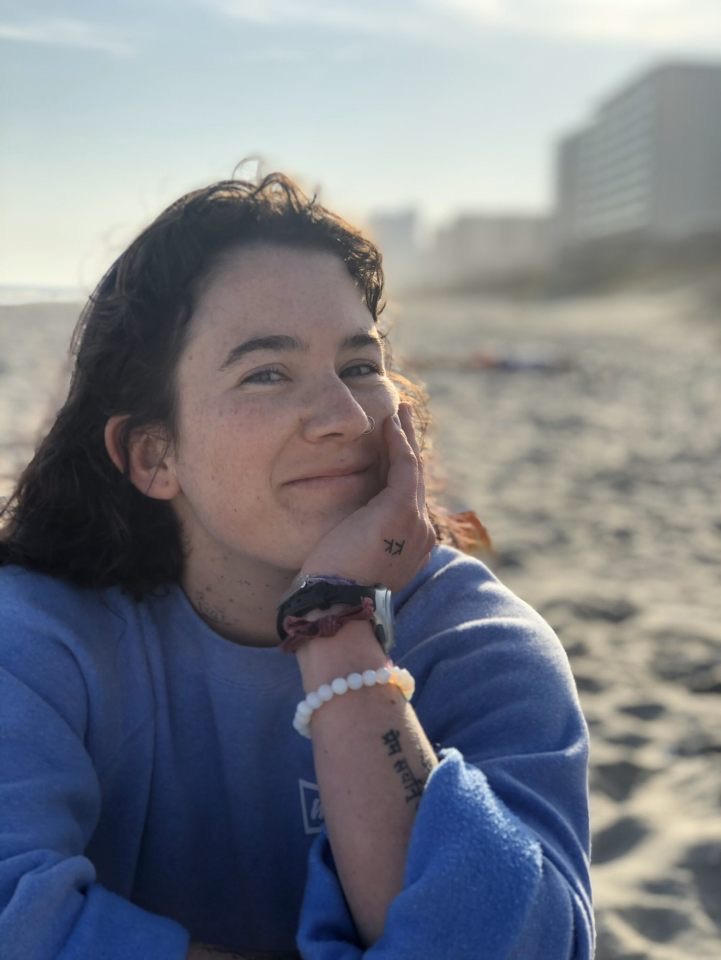
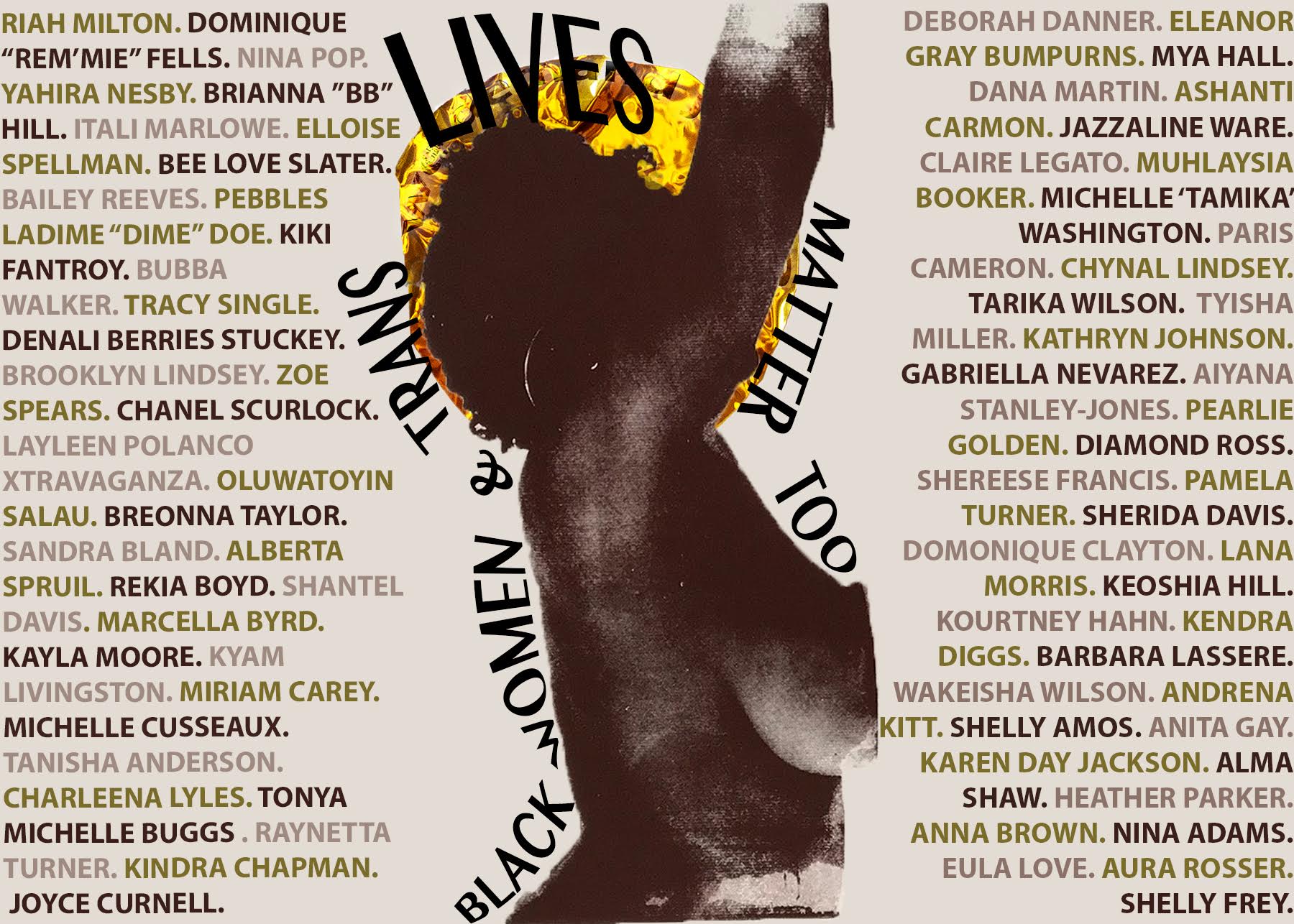

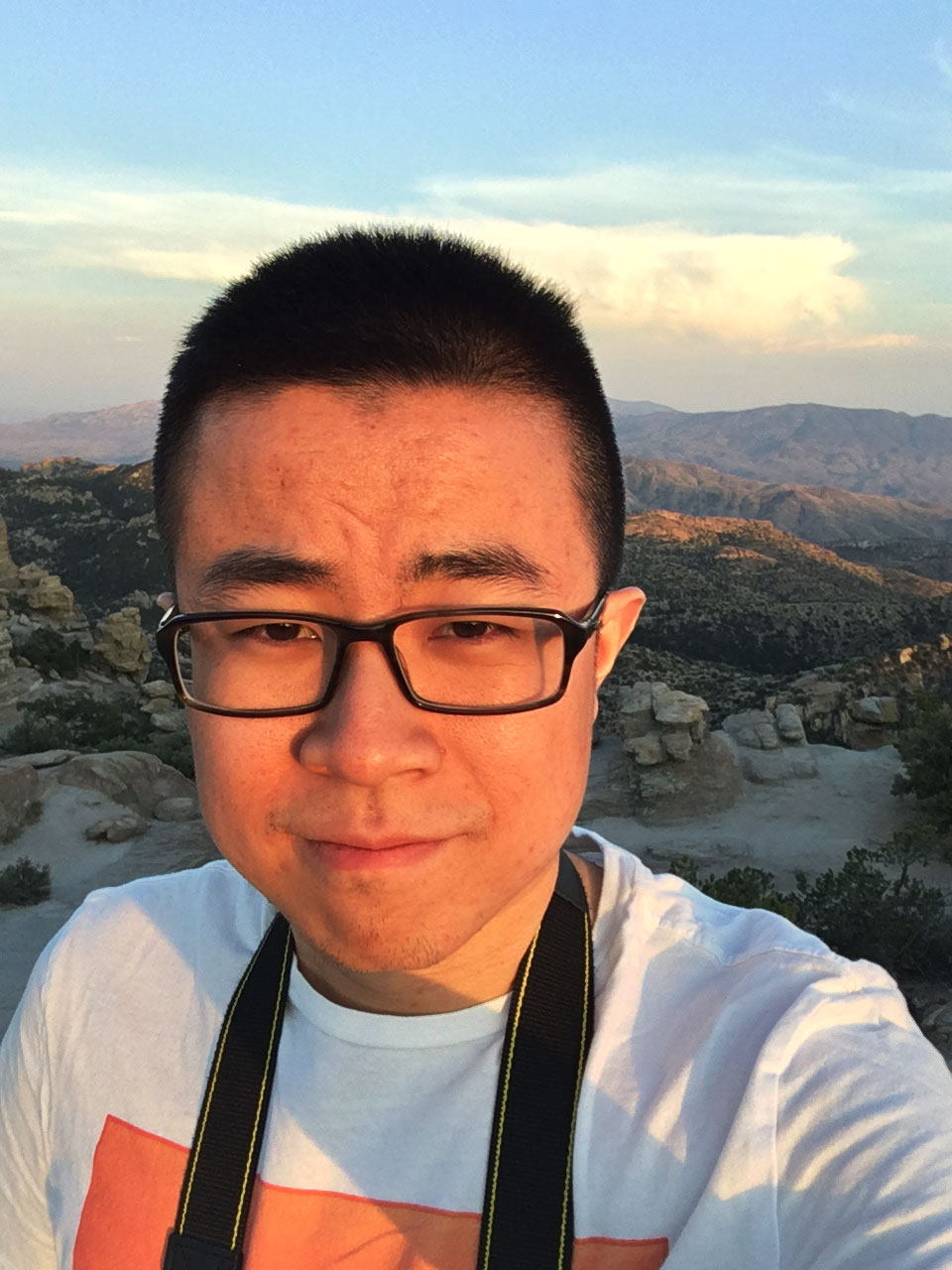
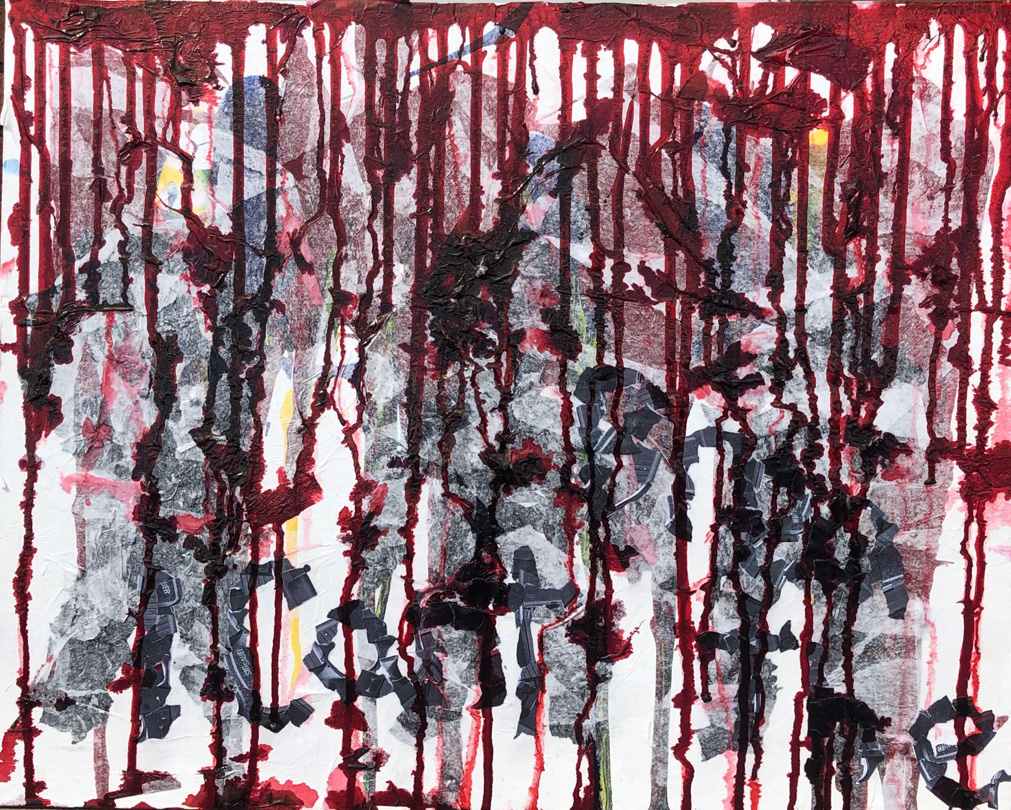
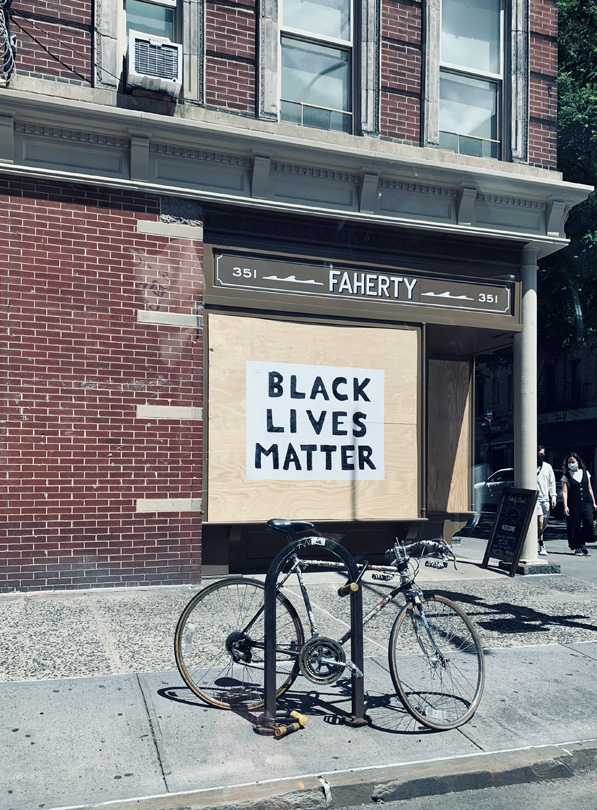
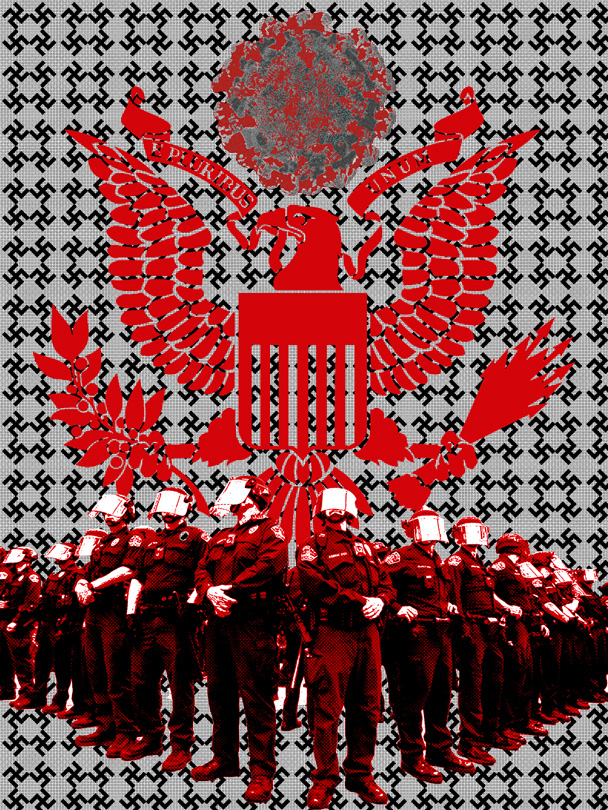
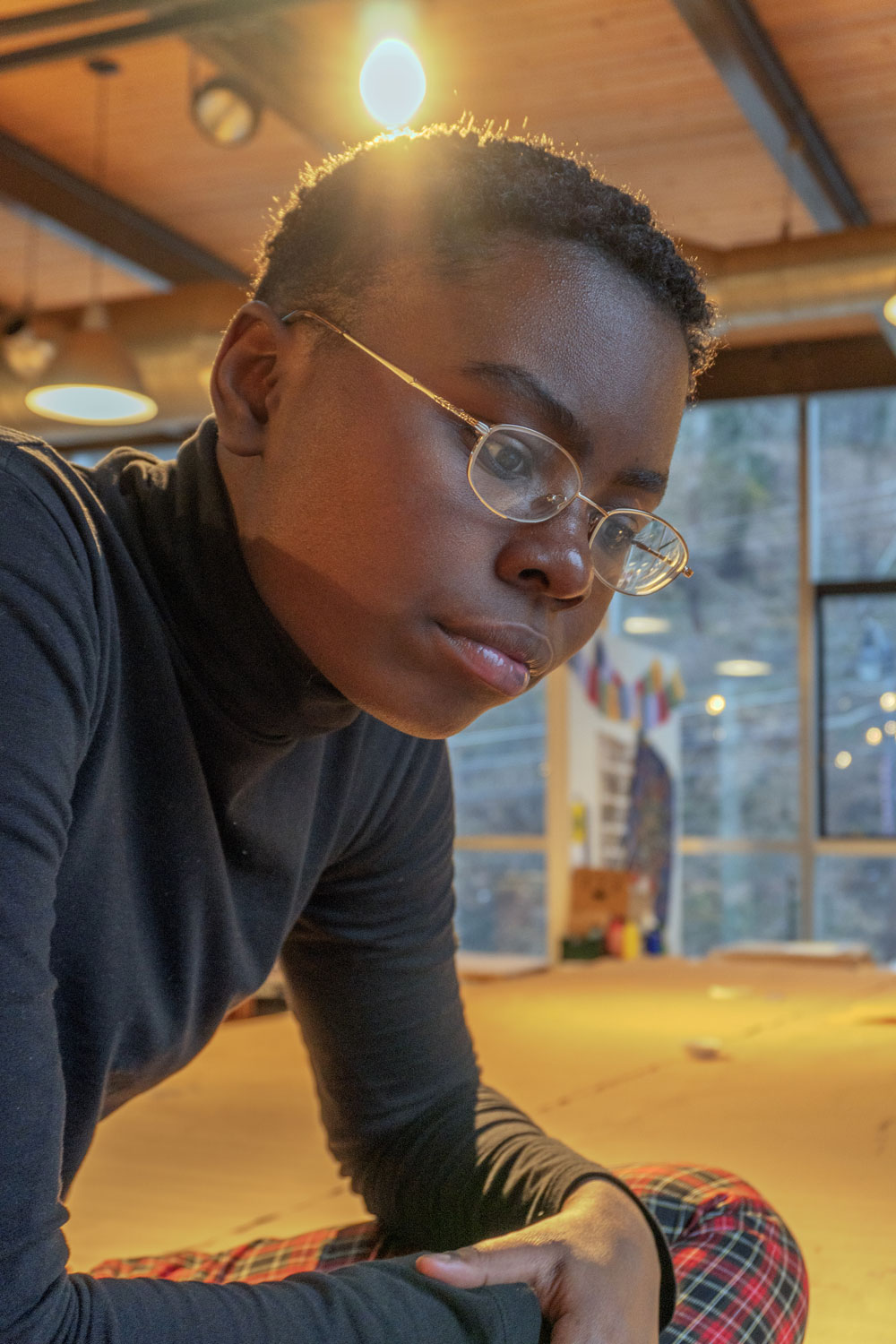
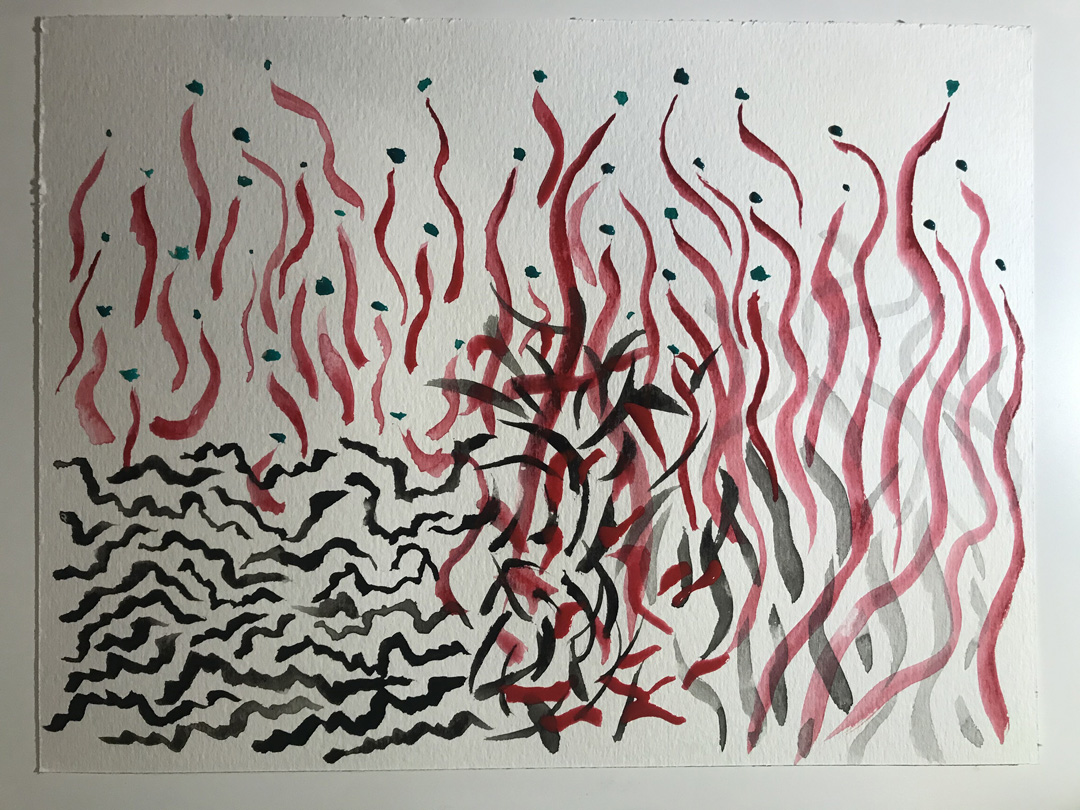
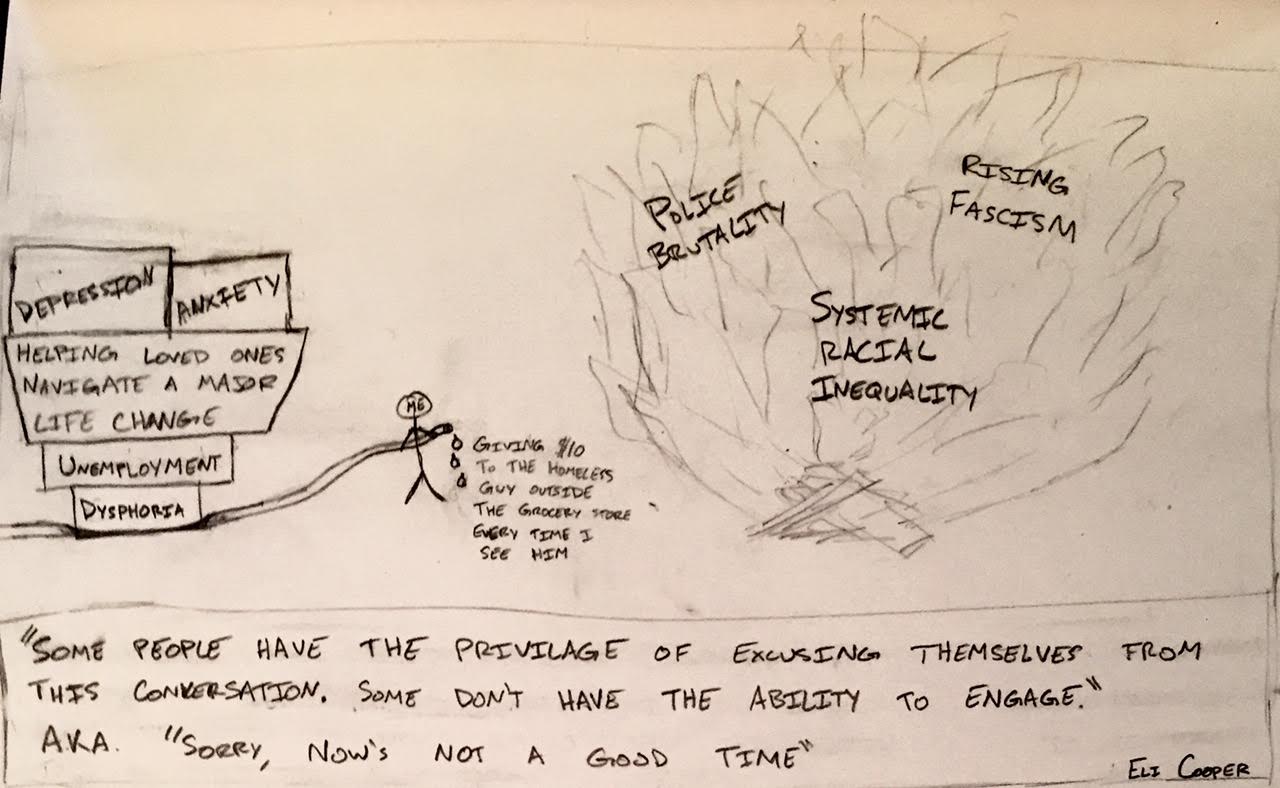
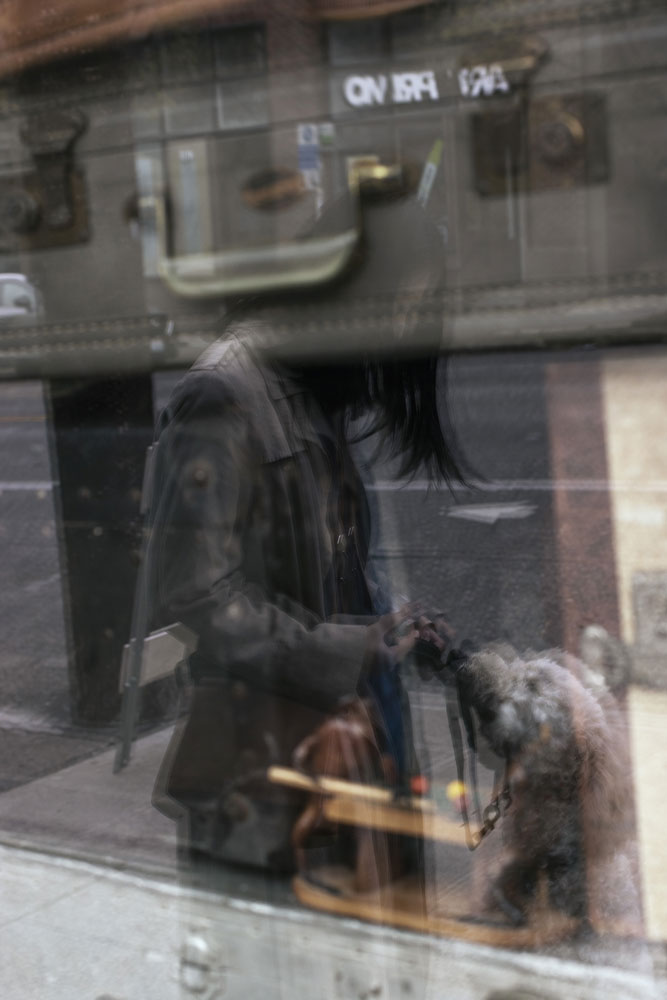
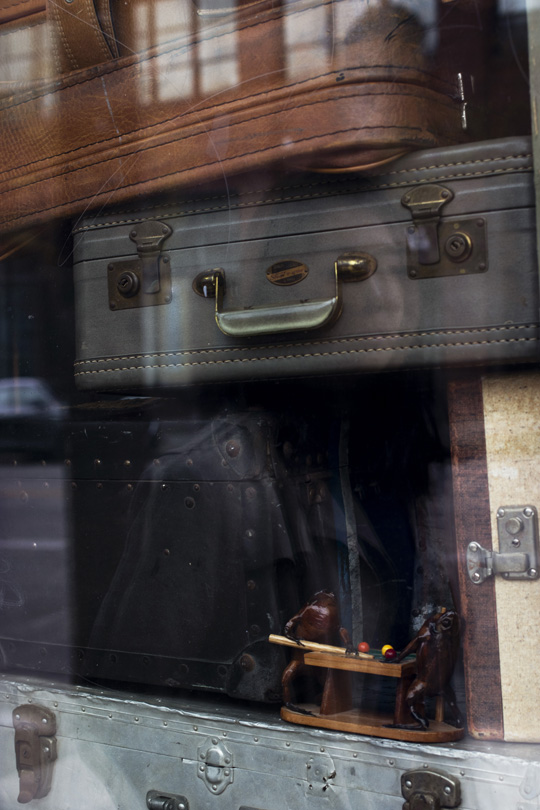
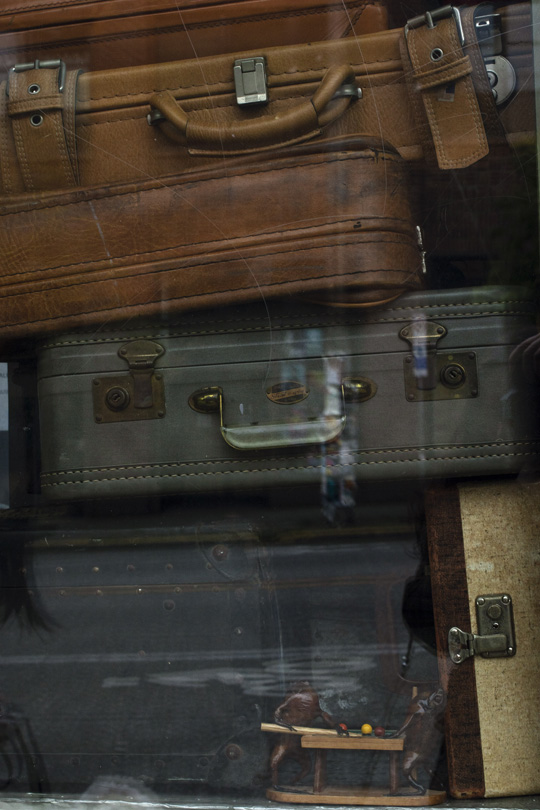
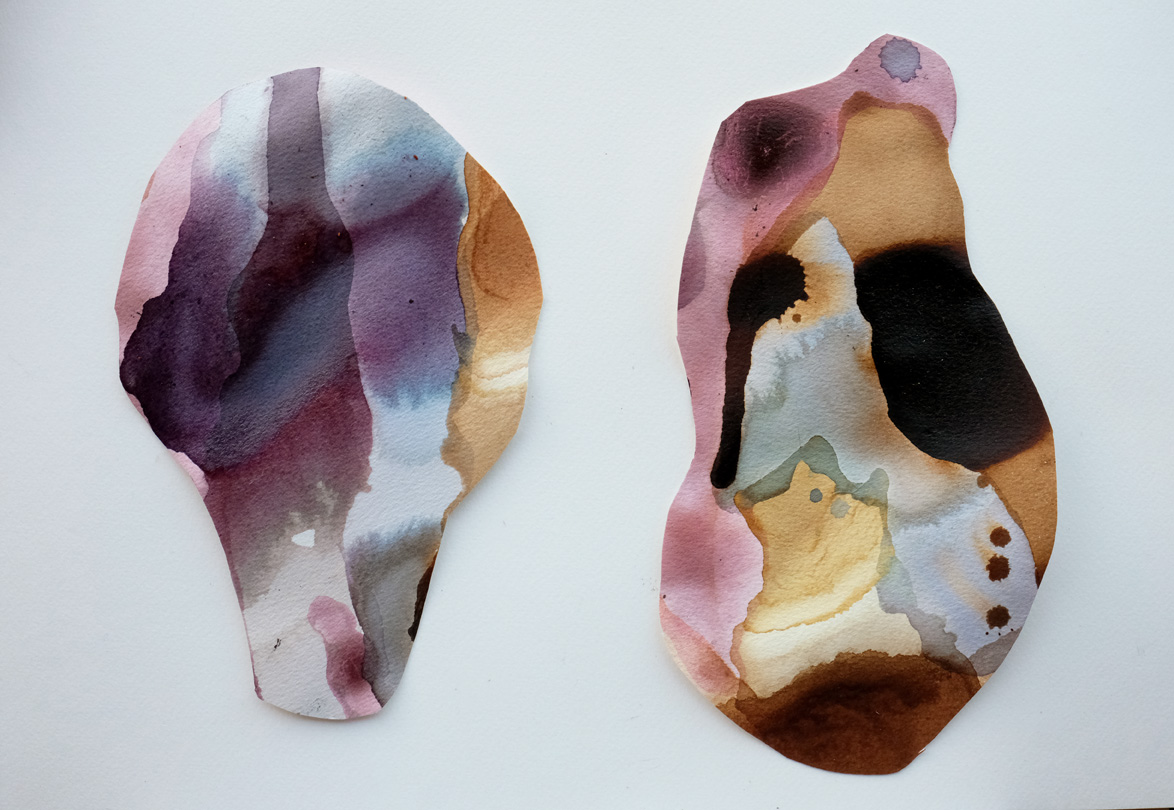
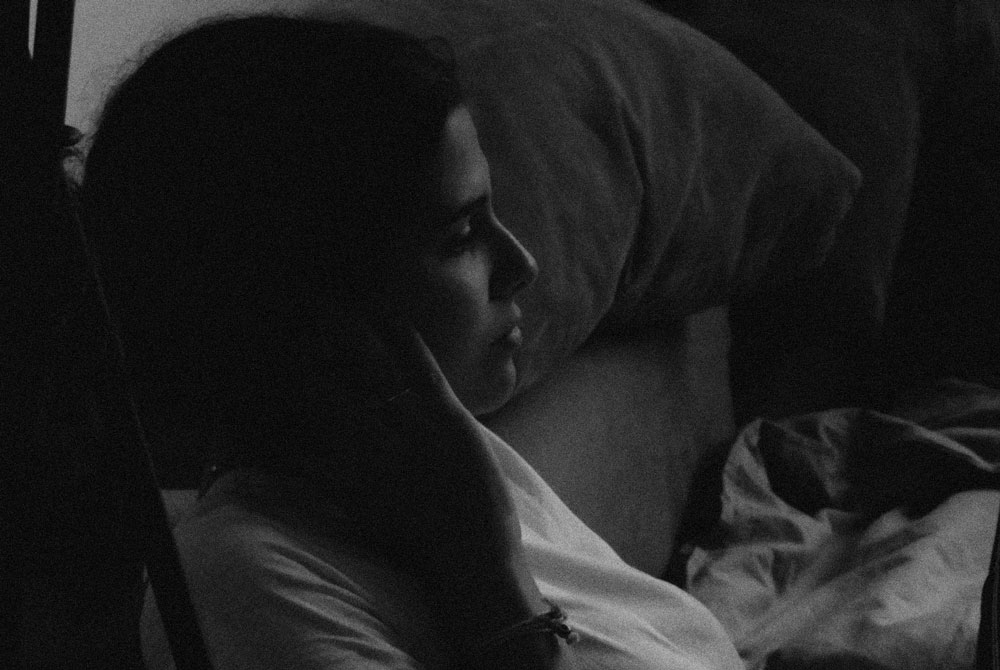
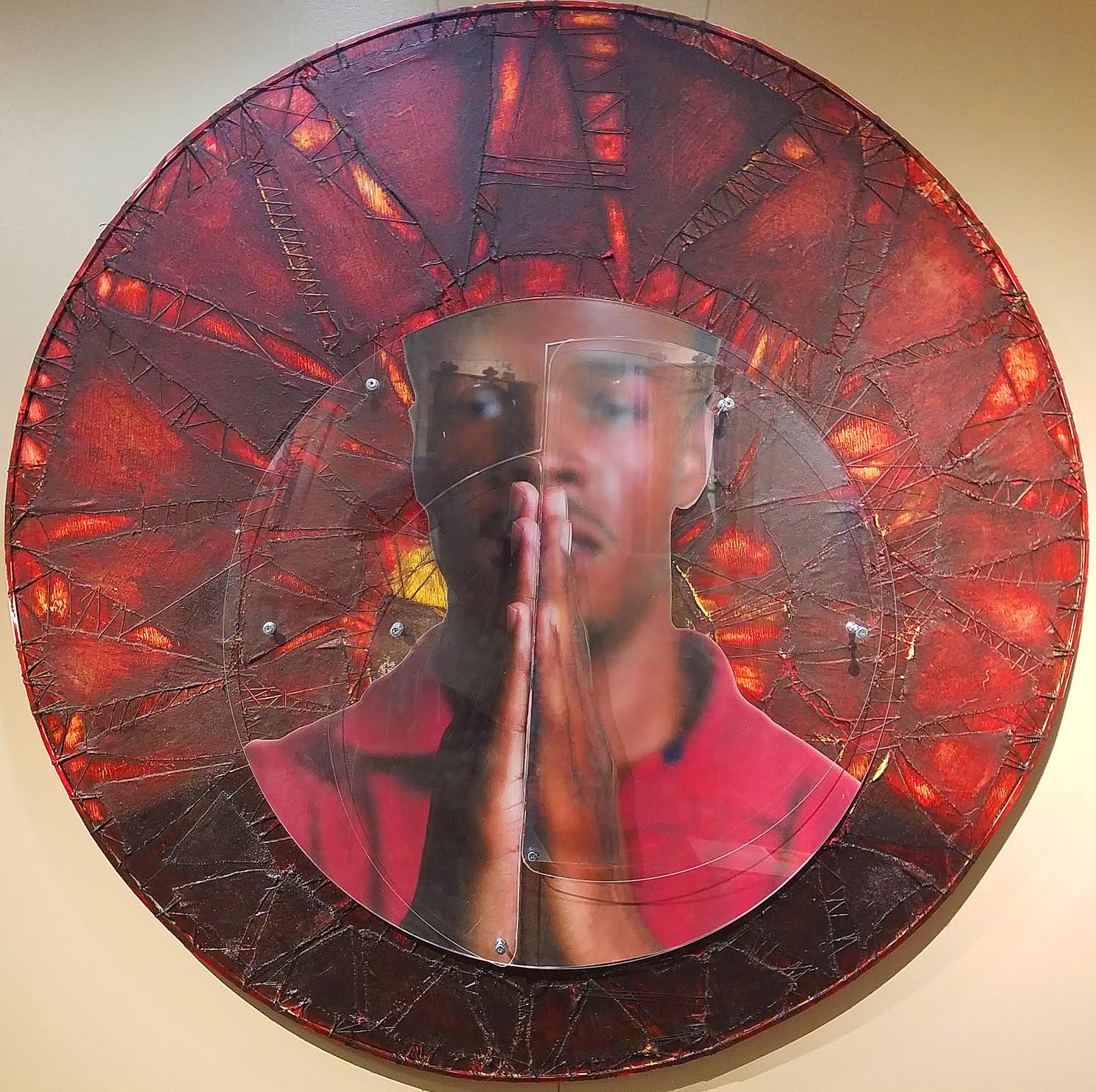
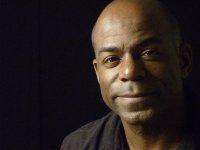
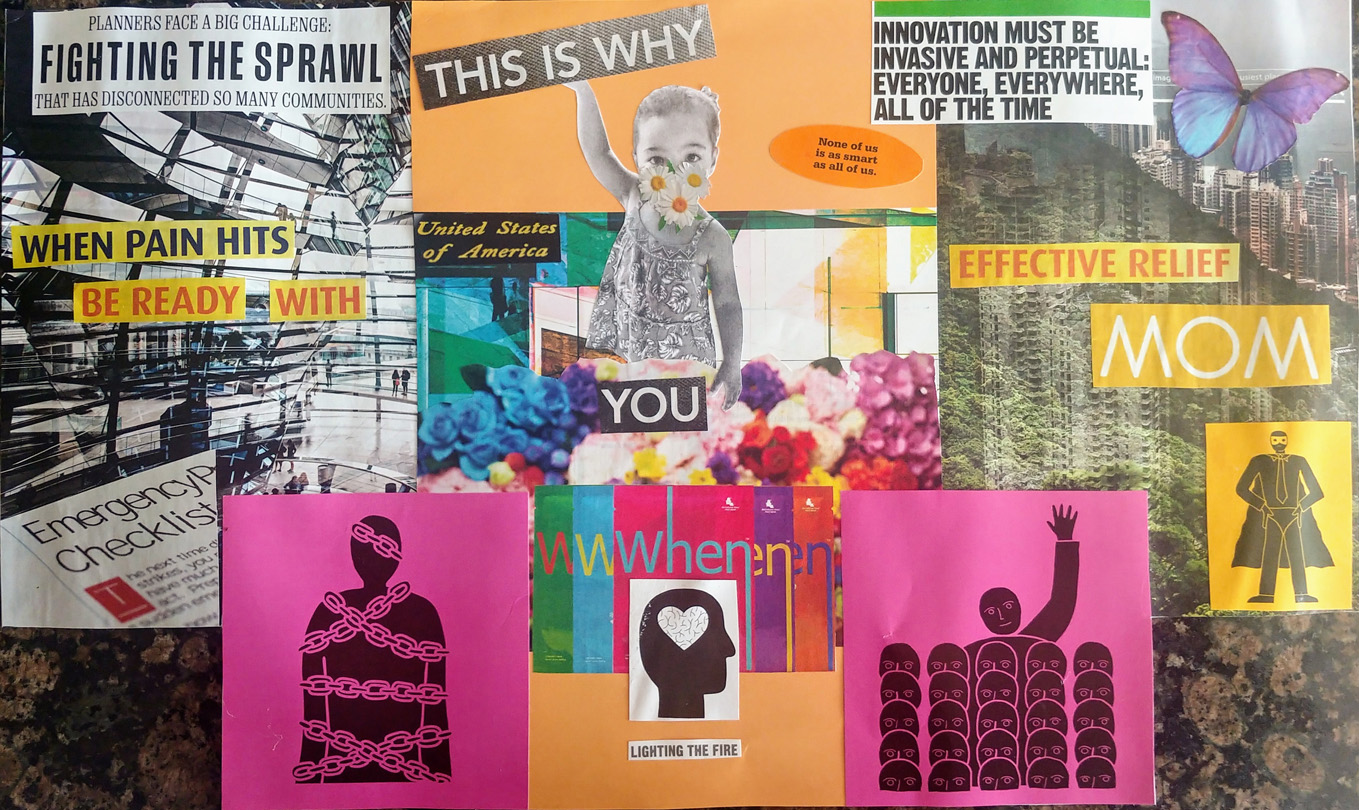
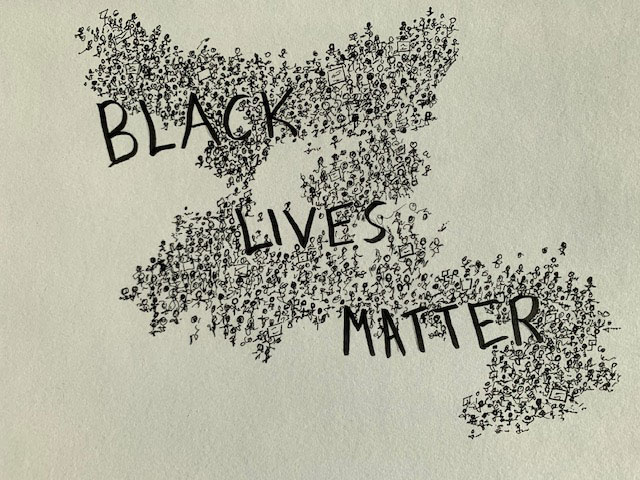
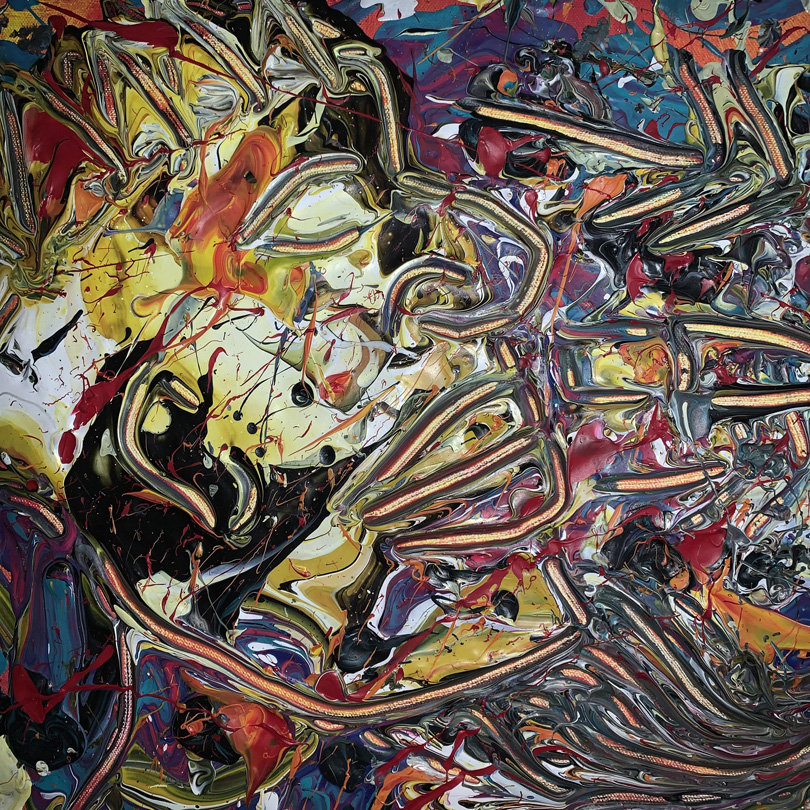

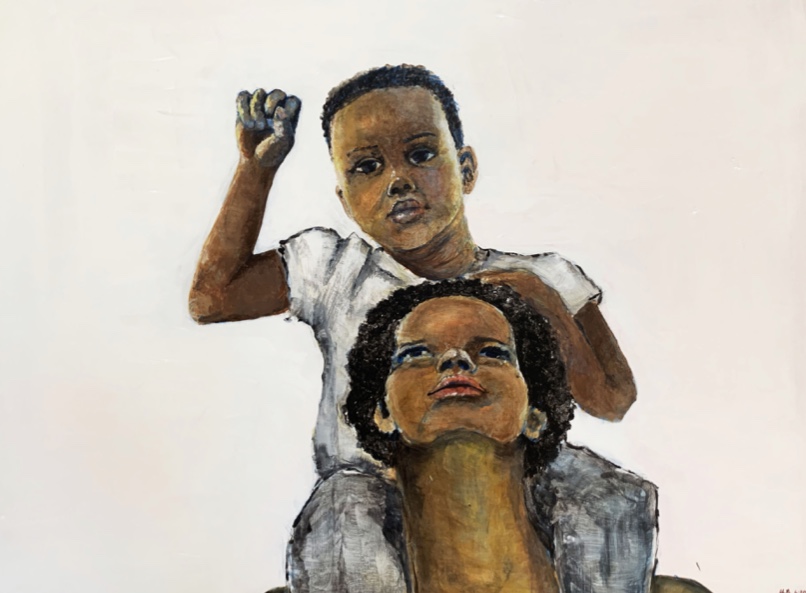
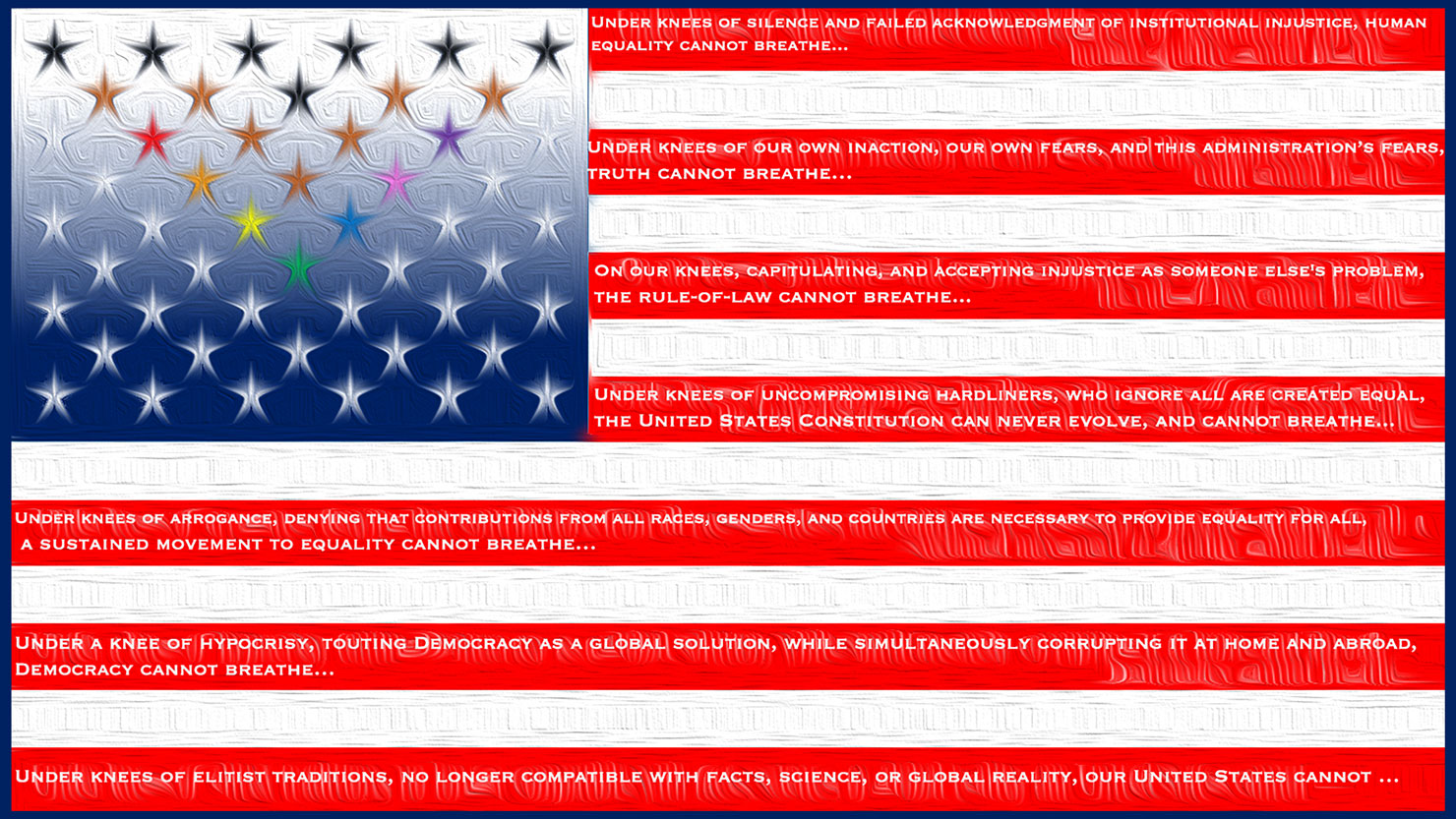
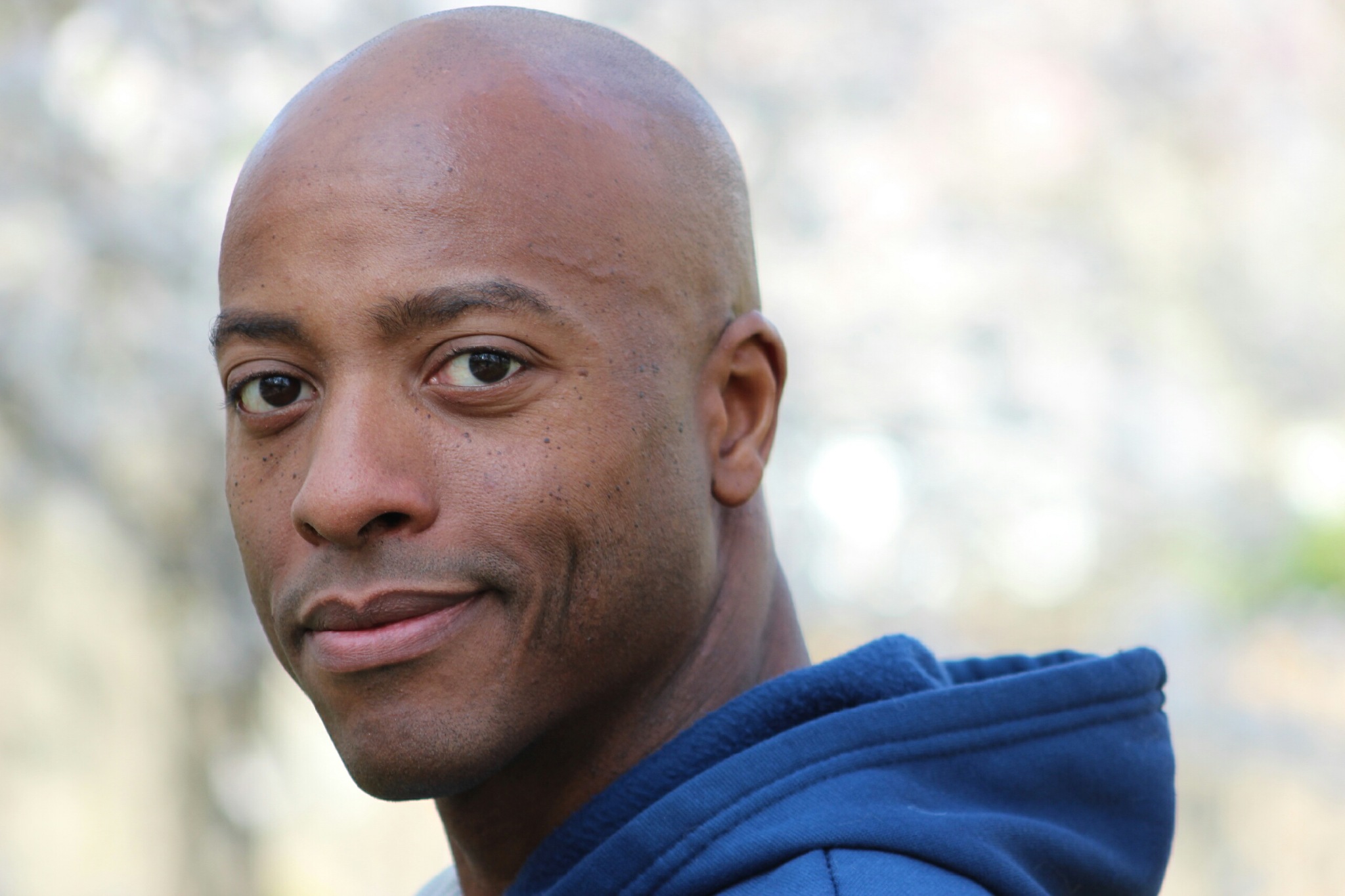
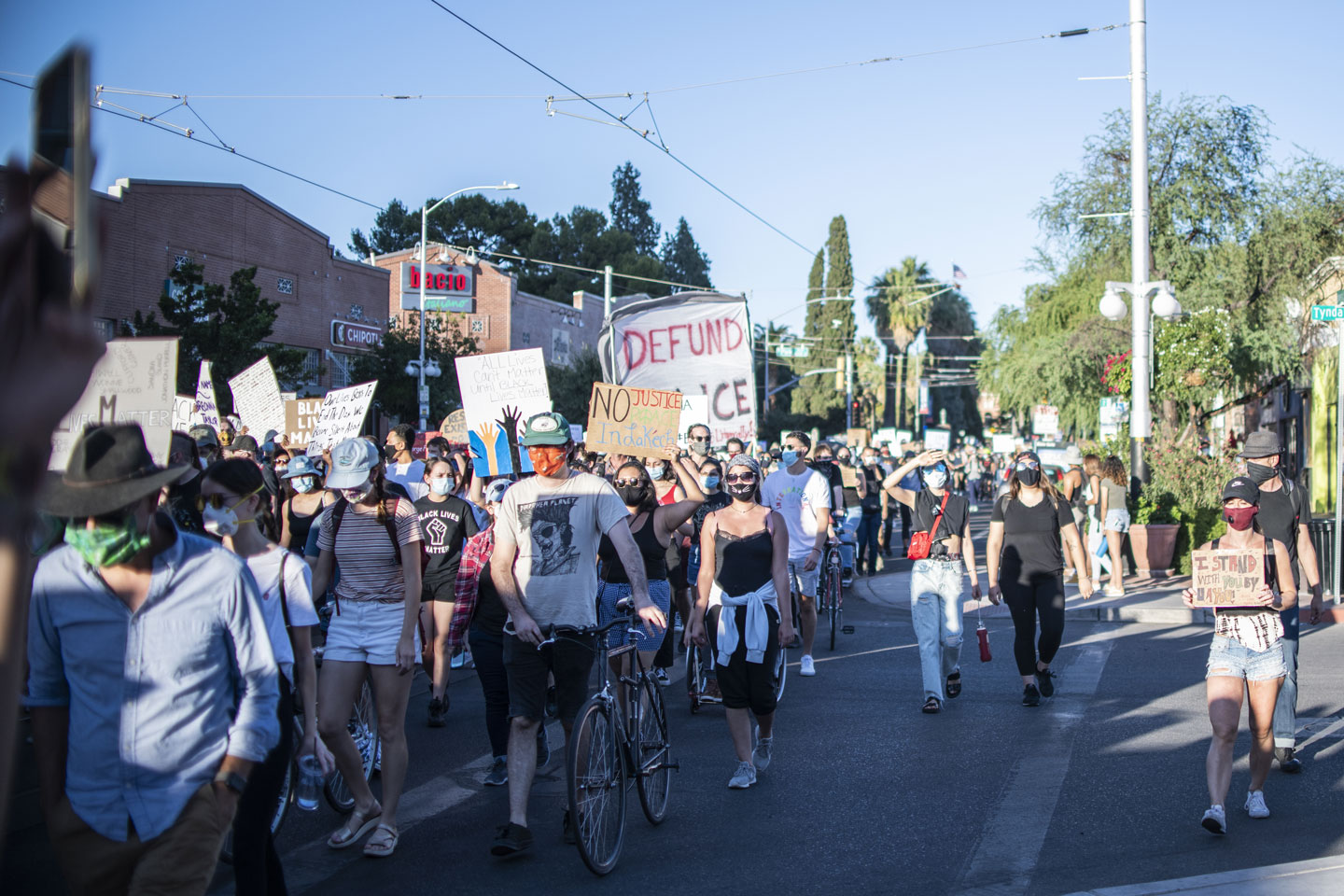
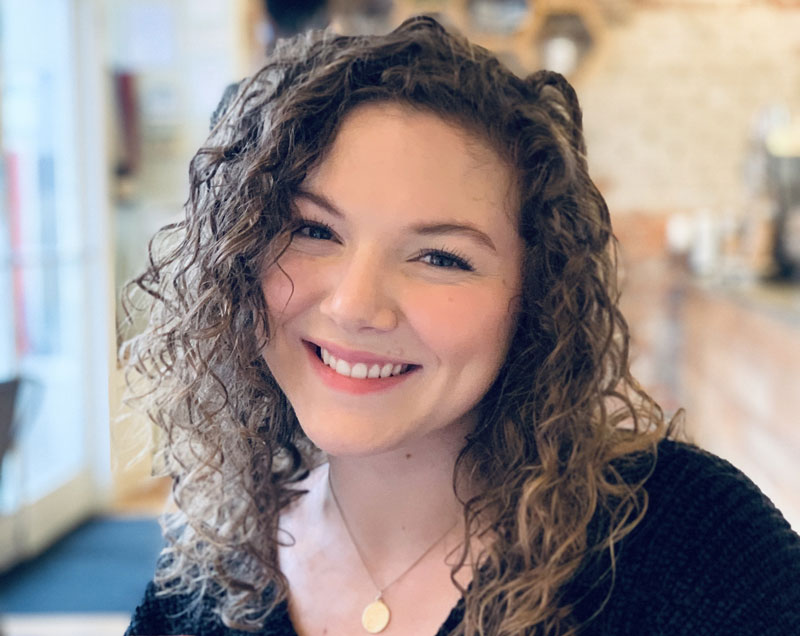
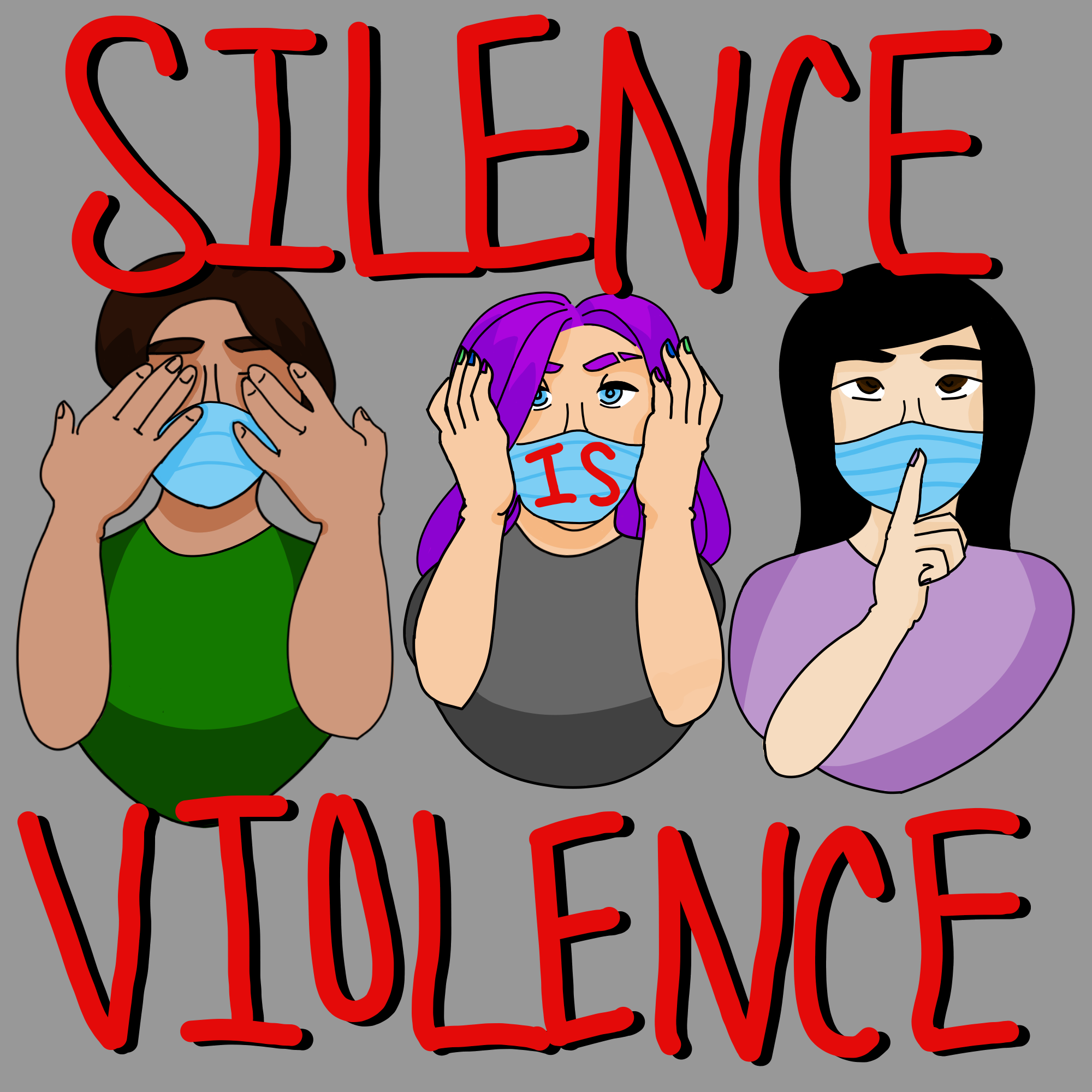

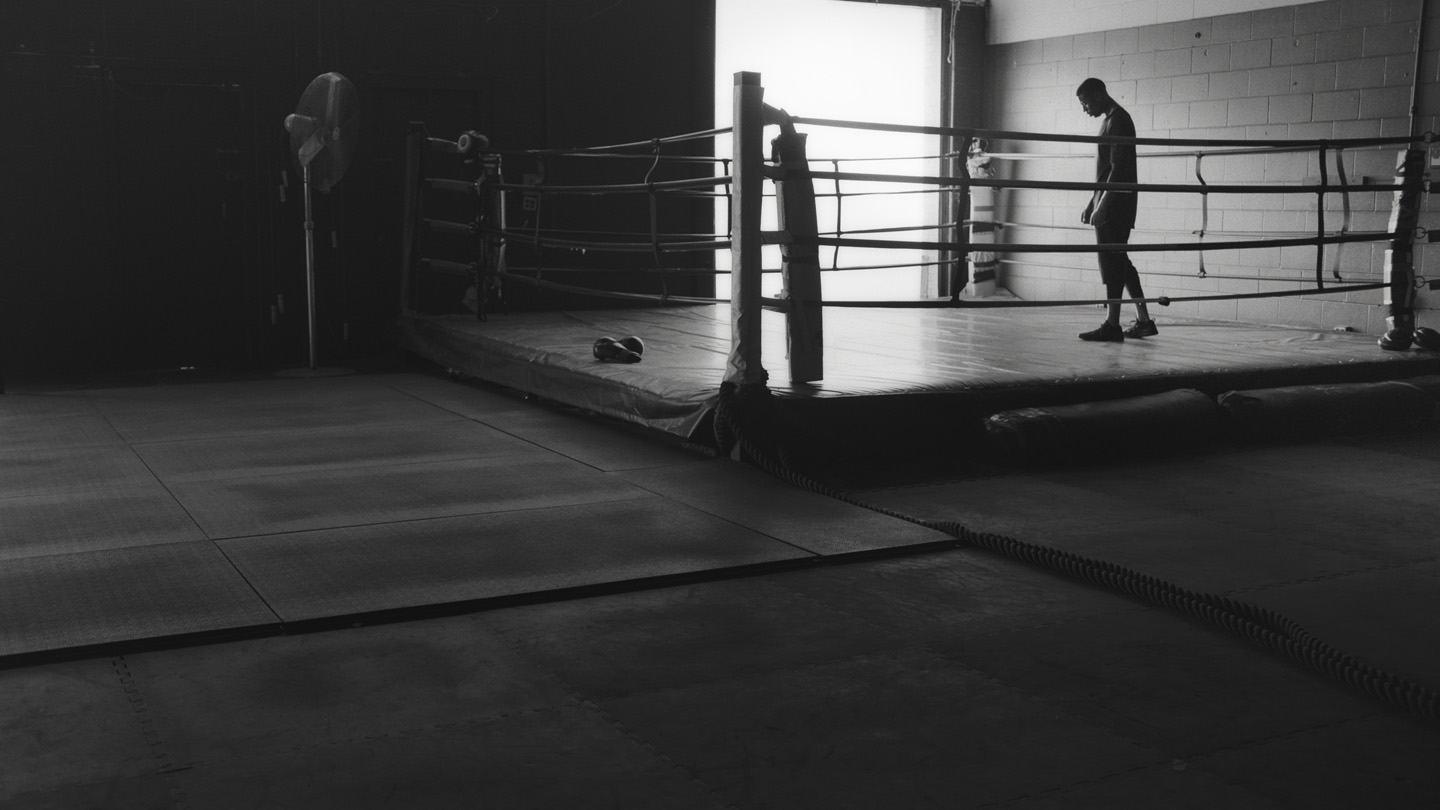
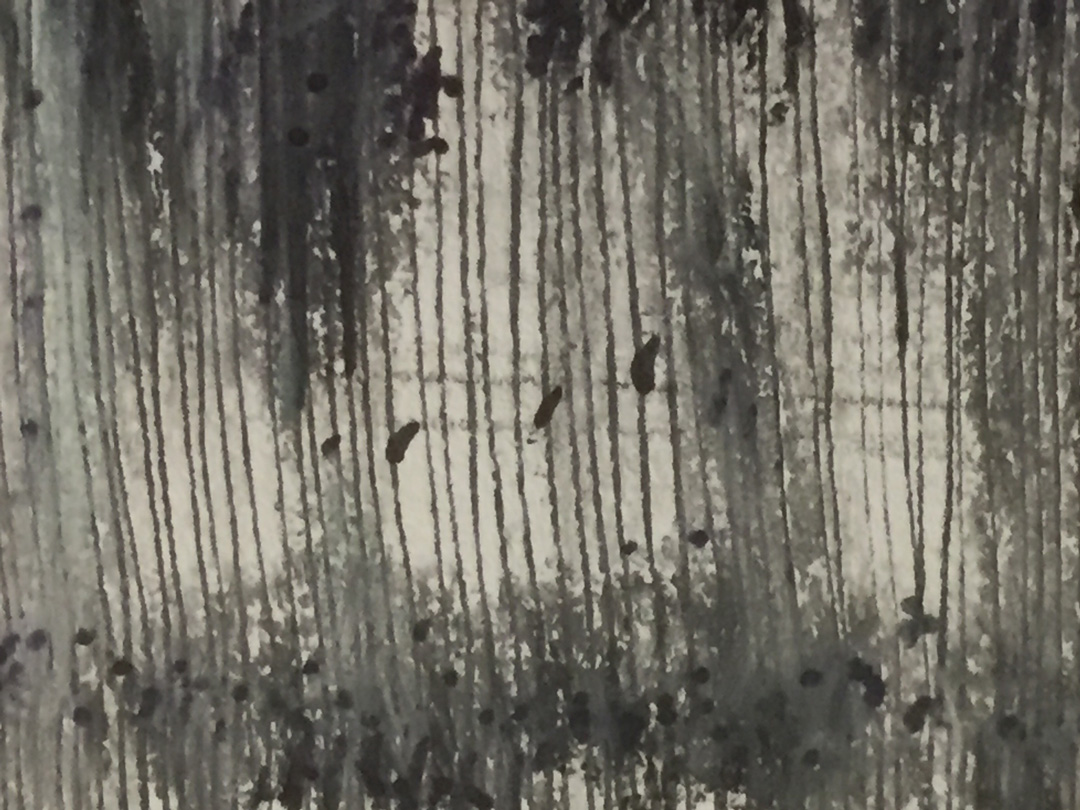
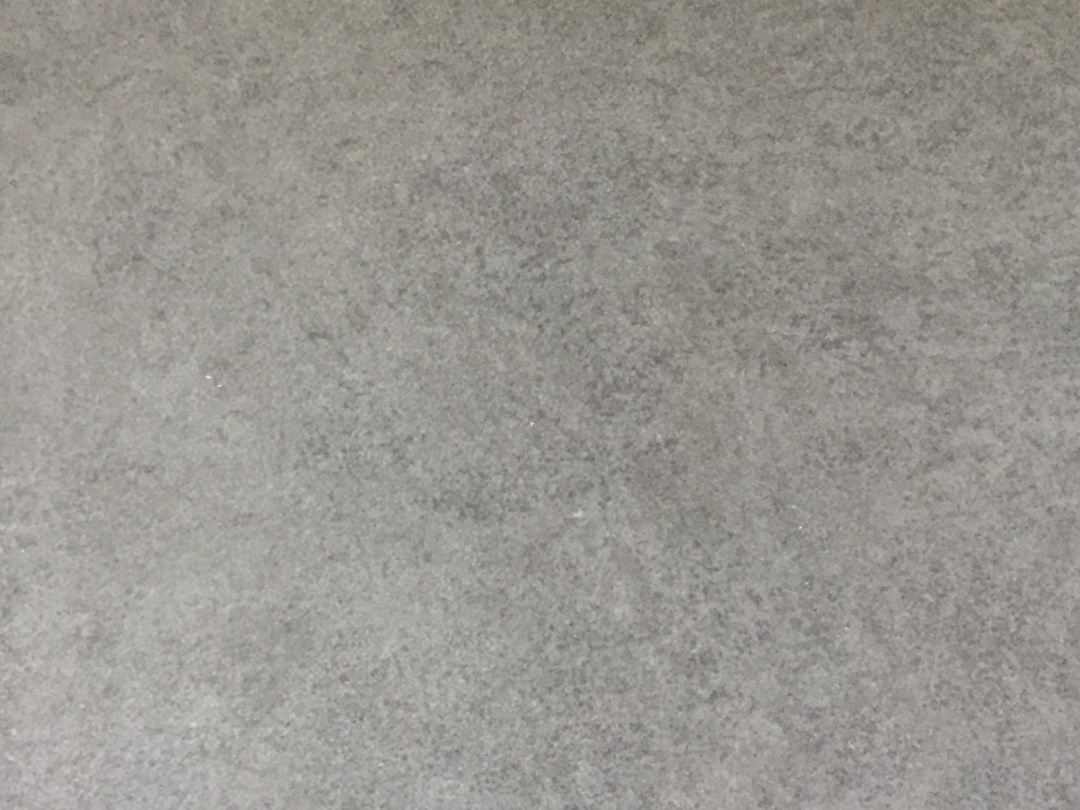
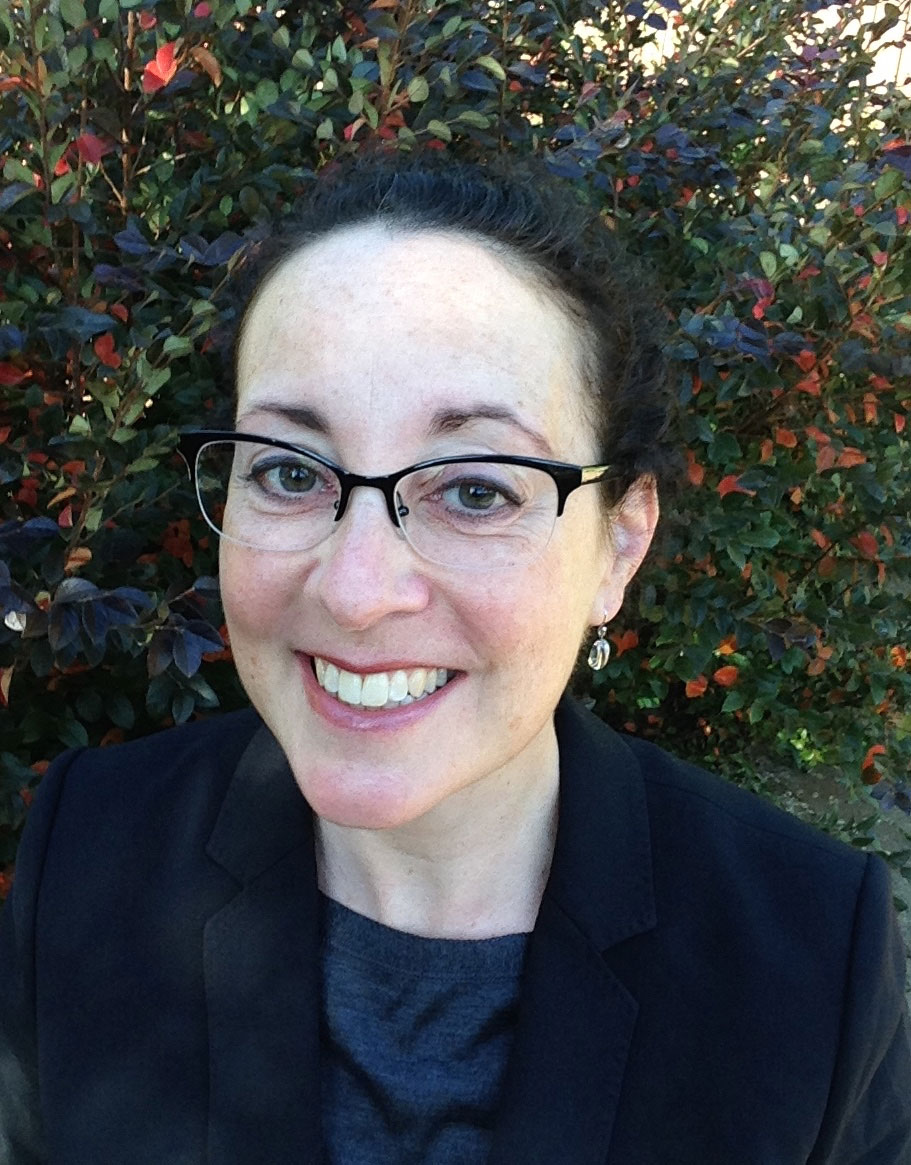
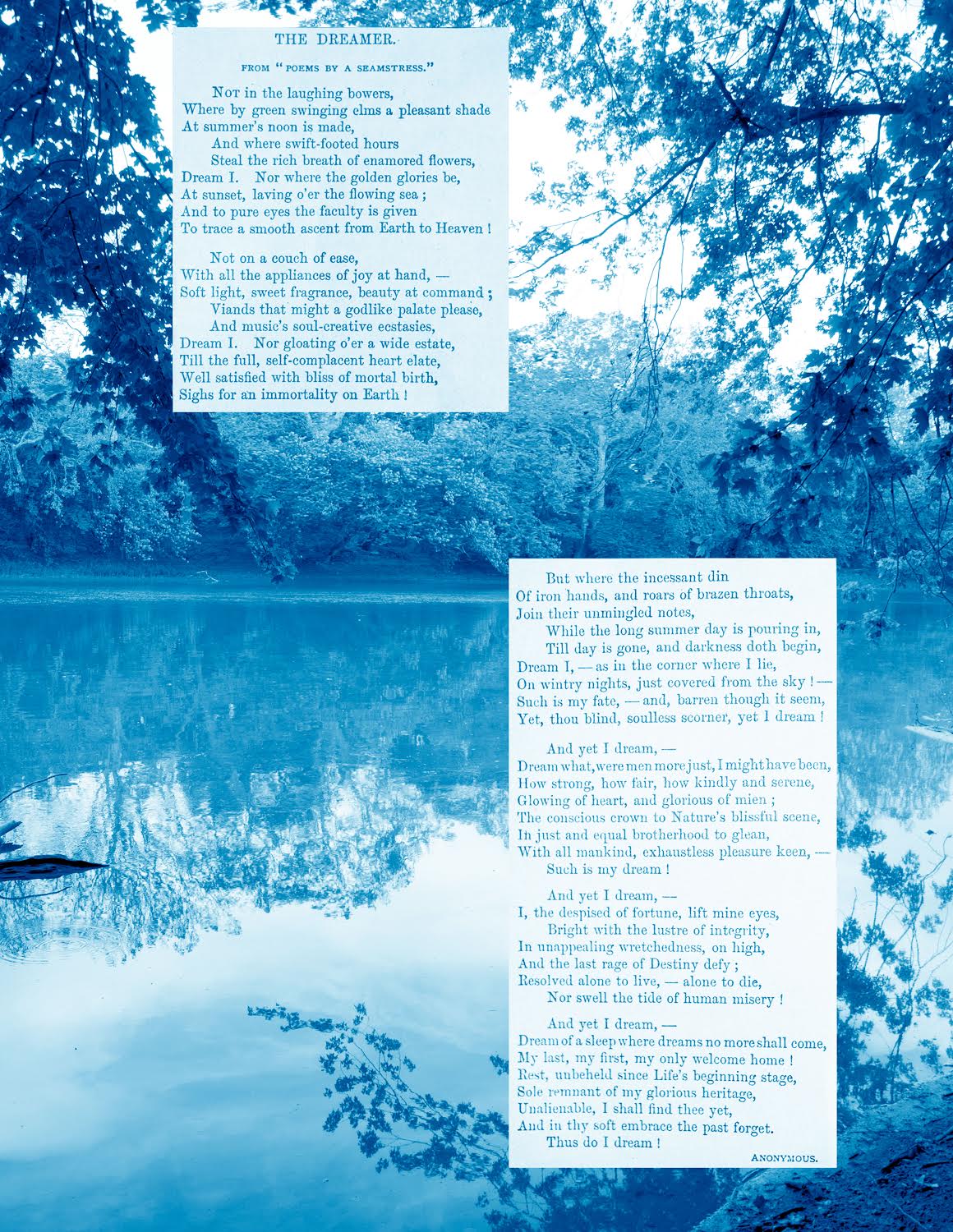
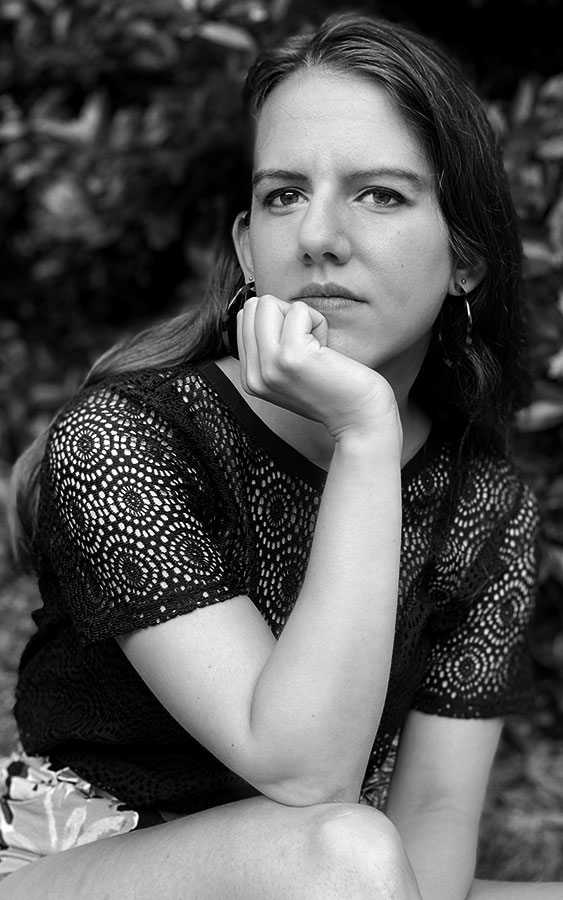
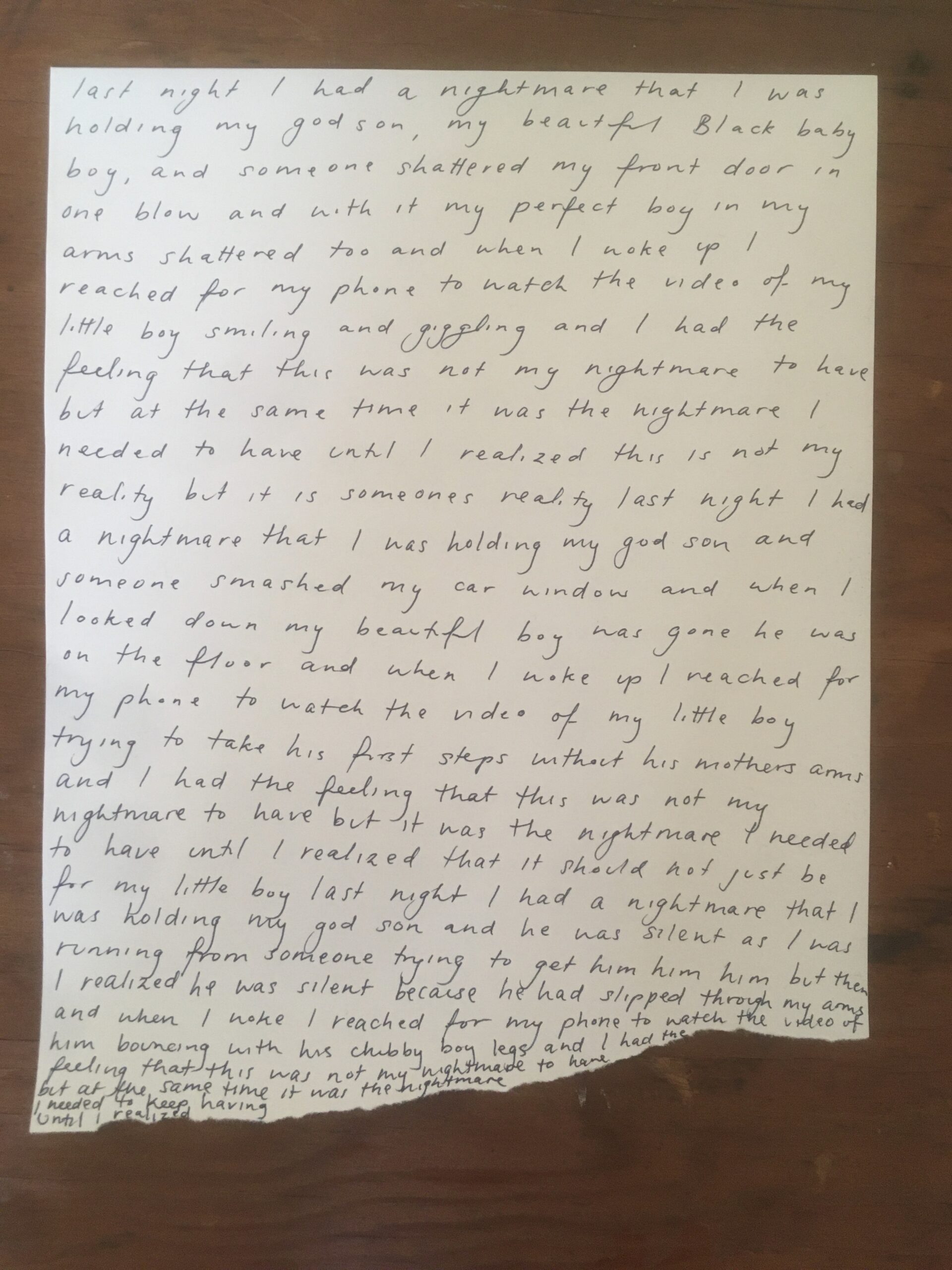
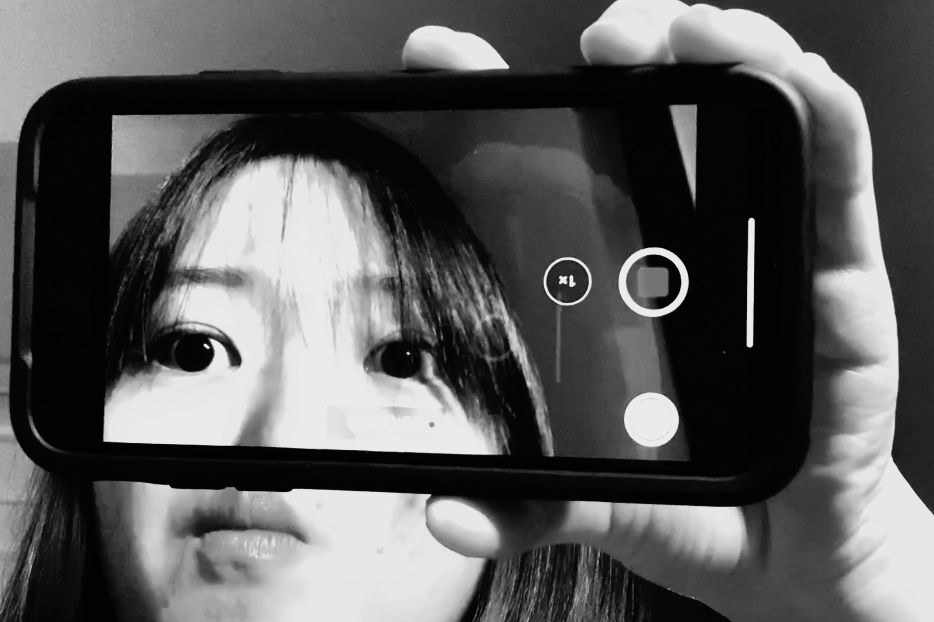
1 Comment
Why Art and Liberal Learning Matters in discourse on Black Life Matters. A note in Support and Praise of the ART IN RESPONSE TO INJUSTICE project
In the fall of 2004 our College, realizing that America was deeply embroiled in conflicted discourse over the meaning of 9-11, embarked on a yearlong New Student Orientation Program that utilized art-based pedagogies to cultivate productive dialogue on related difficult societal issues, including the meaning of human security, critical patriotism and America’s identity in the post 9-11 period. Professors Ed Kerns, George Panichas, and Susan Westfall partnered with Drs. Annette Diorio, Julia Goldberg and Karen Forbes to provide overall leadership and guidance of the program.
I believe the Art in Response to Injustice project recently uploaded holds the promise of meaningfully enriching our College Community on the issue of injustice, and Black Lives Matter in particular, if it becomes a point of focus for open, inclusive, broad-based, diverse and contestable dialogue.
This was the goal of the 2004 Orientation program and I am excited that the Art Department has gifted our Community with this paradigm and opportunity to productively discourse the pressing issue of what does Black Life Matters mean to our academic community, and how do we demonstrate it.
Below I provide a summary of the philosophy of the 2004 New Student Orientation that was titled Art-Based Dialogue as Experimental Pedagogy.
The arts and art-based pedagogies have the ability to cultivate liberal learning and nurture productive dialogue on difficult issues. The arts does this with its ability to “take us outside of ourselves, […and] create an atmosphere and context so conversation can flow back and forth and we can be influenced by each other” (Dubois, as quoted inside cover page in Bacon et al 1999). The arts enable this process, according to Elliot Eisner, by “refining our sensory system and cultivating our imaginative abilities [and … providing us with] a kind of permission to pursue qualitative experience in a particularly focused way and engage in the constructive exploration of what the imaginative process may engender.” This is so, Ed Kerns maintains, because the arts encourage the cognitive conciliation and embrace of disciplinary and human differences, thus overcoming “foreignness” and facilitating intercultural, interdisciplinary, and inter-group dialogue.
Comments are closed.